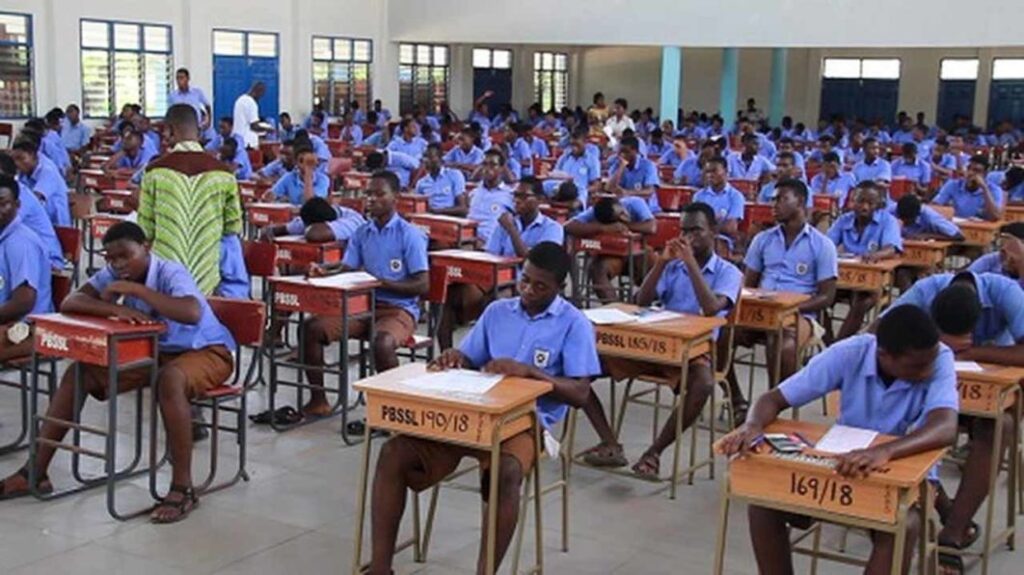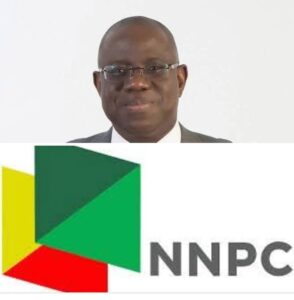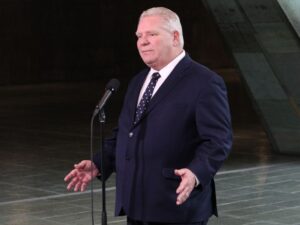
The Minister of State for Education, Yusuf Sununu, said on Friday that the government has not placed an age restriction on candidates sitting the Senior School Certificate Examination (SSCE).
Speaking at an event to mark the 2024 International Literacy Day in Abuja, Mr Sununu said the comment by the substantive Minister of Education, Tahir Mamman, was misinterpreted.
Initial position
While featuring on a television programme recently, Mr Mamman stated that the West African Examinations Council (WAEC) and the National Examinations Council (NECO), both of which administer the SSCE examinations, will no longer allow underage children to take the examinations.
He explained that under Nigerian laws, pupils are expected to spend one year in early childhood education, six years in primary schools, three years in junior secondary school, and another three years in senior secondary school.
“NECO and WAEC henceforth will not be allowing underage children to write their examinations,” Mr Mamman had said on the television programme.
Dangote Refinery
“From early childcare to primary school, then Junior secondary school, and then senior secondary school, you end up with 17 and a half…In other words, if somebody has not spent the requisite number of years in that particular level of study, no sitting for WAEC and NECO examinations.”
However, speaking on Friday, Mr Sununu said the ministry has not stopped students who are not up to 18 years old from taking the SSCE examination.
Despite Mr Mamman’s unambiguous position on the matter, Mr Sununu said he was misinterpreted.
“Nobody said no child will write WAEC, NECO or any other examination unless at age 18. This is a misconception and misrepresentation of what we have said,” he said on Friday.
Open in WhatsApp
He claimed that Mr Mamman was speaking on the 18 years entry age into the tertiary institutions as was practised in the 6:3:3:4 system of education.
Guideline on talented children
Mr Mamman had in April asked the Joint Admission and Matriculation (JAMB), the body in charge of matriculation examinations for Nigerian tertiary institutions to stop admitting students below 18 after this year’s admission exercise.
The minister, who faced mild opposition for his comments during an admission policy meeting that was held in July, noted that it was part of Nigeria’s laws and not a new policy introduced by him.
Audience Survey
Speaking on Friday, Mr Sununu also stated that the ministry is looking at developing a guideline on identifying talented children for admission into tertiary institutions before they clock the age of 18.
He said: “We have agreed that we are going to consider it as a work-in-progress. The National Assembly is working and we are also working.
“It was shocking to say that a university in this country gave admission to children at ages 10, 11 and 12 years. This is totally wrong.
“We are not saying that there are no exceptions, we know we can have talented students that have the IQ of an adult even at age 6 and 7, but these are very few.
“There must be a rule, and the ministry is looking at developing a guideline on how to identify a talented child so that parents don’t say we are blocking their children’s chances.”








